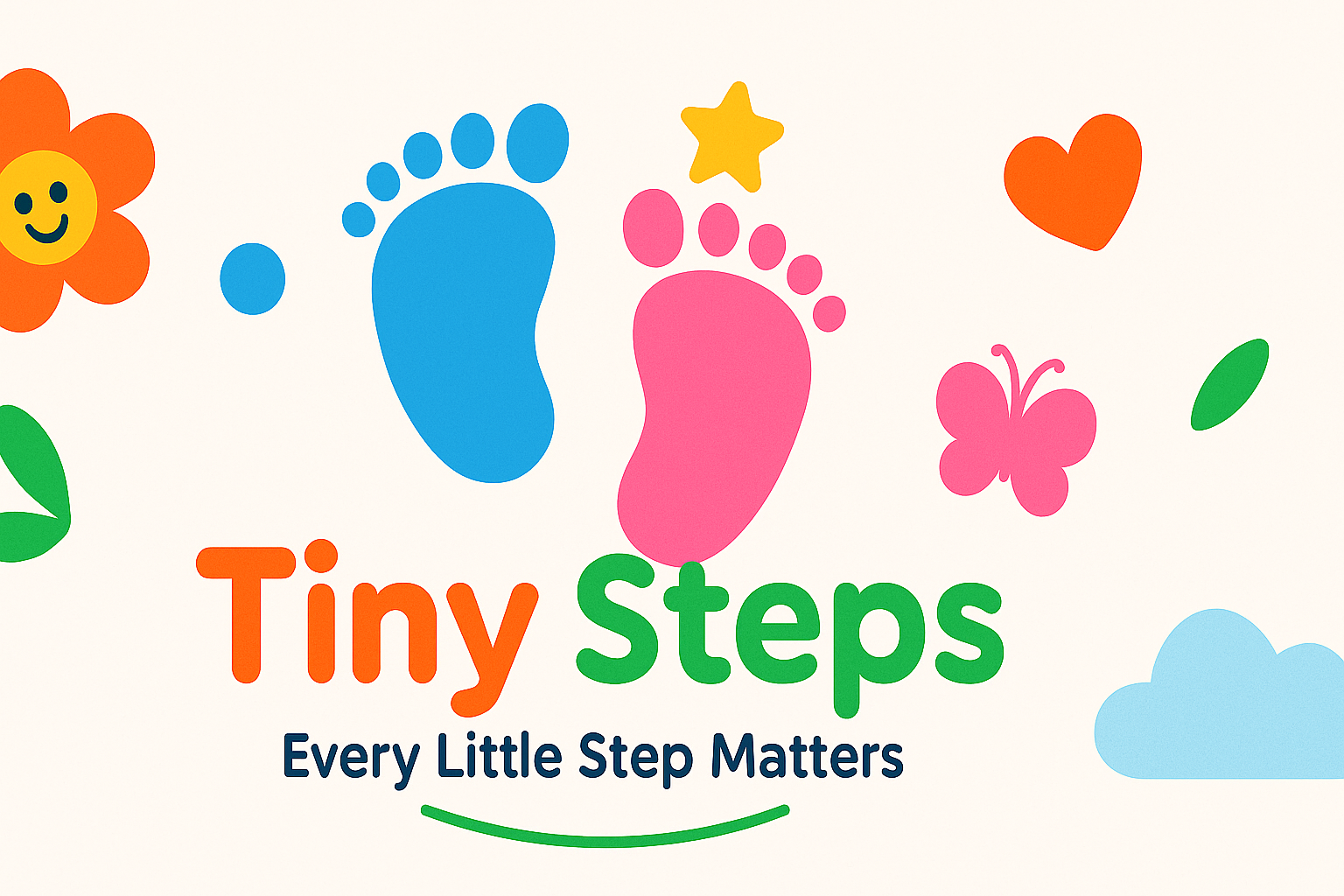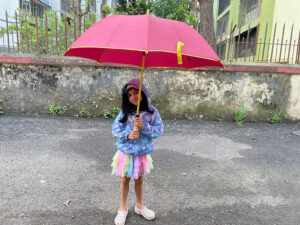Author: M. Sharanya
Published on: July 8, 2025
The rainy season brings a refreshing change in weather, but for parents of newborns, it also brings a host of health concerns. Increased humidity, dampness, and a rise in infections can make your little one more vulnerable. With a few simple precautions, you can protect your baby from monsoon-related risks and ensure they stay safe, warm, and healthy.
Contents
- 1 1. Maintain a Clean and Dry Environment
- 2 2. Dress in Comfortable Layers
- 3 3. Use Boiled and Filtered Water
- 4 4. Keep Mosquitoes Away
- 5 5. Focus on Hygiene
- 6 6. Strengthen Baby’s Immunity
- 7 7. Avoid Crowded or Damp Places
- 8 8. Monitor for Signs of Illness
- 9 9. Use Proper Bathing Techniques
- 10 10. Have an Emergency Kit Ready
- 11 Conclusion
1. Maintain a Clean and Dry Environment
Excess moisture during the monsoon can lead to mold, mildew, and bacterial growth. Make sure your baby’s room is clean, dry, and well-ventilated. Use natural sunlight or a dehumidifier to keep moisture levels under control.
2. Dress in Comfortable Layers
The fluctuating temperatures of the rainy season can make it tricky to dress your baby. Opt for breathable cotton layers that can be added or removed easily based on room temperature. Always change damp clothes immediately.
3. Use Boiled and Filtered Water
Waterborne diseases are more common during this season. Use only boiled and cooled water for drinking, formula preparation, and even for cleaning feeding bottles or baby utensils.
4. Keep Mosquitoes Away
Rainwater often leads to stagnant puddles, which attract mosquitoes. Protect your baby with a mosquito net over their crib and stroller. Avoid chemical repellents and choose pediatrician-approved mosquito patches if needed.
5. Focus on Hygiene
Wash your hands before touching the baby and ensure frequent cleaning of baby items like toys, pacifiers, and bottles. Use antibacterial wipes or a mild disinfectant to clean surfaces that the baby comes in contact with.
6. Strengthen Baby’s Immunity
If breastfeeding, continue doing so—it provides natural immunity through antibodies. For formula-fed babies, ensure their feeding gear is sterilized properly. Also, consult your pediatrician about any recommended supplements.
7. Avoid Crowded or Damp Places
Avoid taking your newborn into crowded public spaces during the rainy season, as viruses spread quickly. Also steer clear of areas prone to dampness or mold, such as basements or closed rooms.
8. Monitor for Signs of Illness
Be alert to symptoms like a cough, cold, fever, rashes, or diarrhea. Don’t hesitate to contact your pediatrician at the first sign of discomfort or illness.
9. Use Proper Bathing Techniques
Bathe your baby using lukewarm water in a warm room. On colder or humid days, you can skip full baths and use a sponge cloth to gently clean your baby.
10. Have an Emergency Kit Ready
Prepare a basic emergency medical kit with baby-safe fever reducers, nasal drops, and rehydration solutions—but always consult your doctor before use.
Conclusion
Rainy season parenting requires a little more vigilance, but with the right steps, you can ensure your newborn stays safe, happy, and healthy. Create a clean, dry, and loving environment to help your little one thrive no matter the weather.





